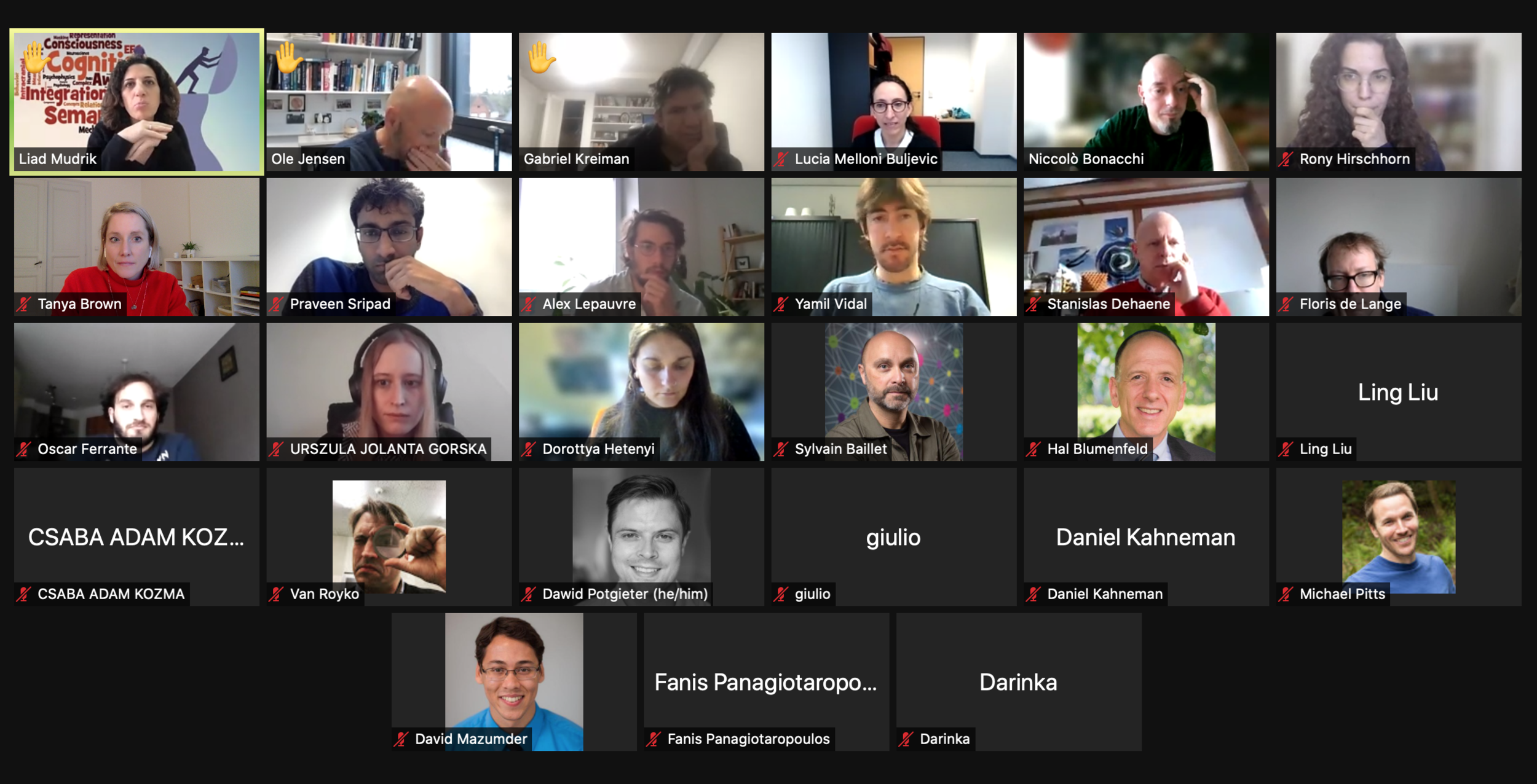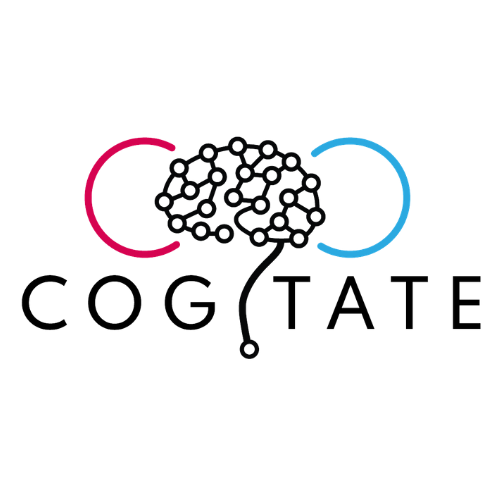
Events

ASSC 28
COGITATE is heading to ASSC28 in Heraklion, Crete in Greece, from July 6-9.
Team members will be presenting a poster series based on results of Experiment 2.
We will also host a demo table to showcase how we’ve embraced #OpenScience, with our multimodal, multisite open data, that is free to the public and paired with a suite of tools and infrastructure to scale FAIR sharing.
Come talk to us about the science and the data!
SCHEDULE OF EVENTS:
TUESDAY JULY 8TH | Poster Session 4 - Unconscious processing, Artificial Intelligence, Philosophy & Theories
4:30-5:30PM
RONY HIRSCHHORN | Testing the Global Neuronal Workspace and Integrated Information Theory via adversarial collaboration: introducing Cogitate’s Experiment 2
LING LIU | Neural Decoding of Conscious vs. Unconscious Visual Stimuli: Testing the Global Neuronal Workspace and Integrated Information Theories
PABLO OYRAZO | Testing Integrated Information Theory predictions by assessing representational similarity in brain activity
XUAN CUI | Brain Activity and Synchronization in Conscious Perception: Insights from Cogitate Experiment 2
SUN JULY 6 - WED JUL 9 | COGITATE Data Release Showcase - demos and giveaways
All Day
Come say Hi 👋, grab some 🆓 and sustainable 🌱 merch, and learn about the newly available data from our project

MEGIN Masterclass
MEGIN Masterclass with Oscar Ferrante and Ling Liu
Register for an exclusive MEGIN Masterclass featuring Dr. Oscar Ferrante and Dr. Ling Liu, as they share insights from Cogitate’s recently published in Nature.
In this session, Ferrante and Liu will walk through the study’s design, challenges, and implications, highlighting how MEG played a pivotal role in testing predictions from two opposing theories of consciousness.

BIOMAG 2024 | Connectivity Data Challenge
Register to compete in this year’s BIOMAG data challenge!
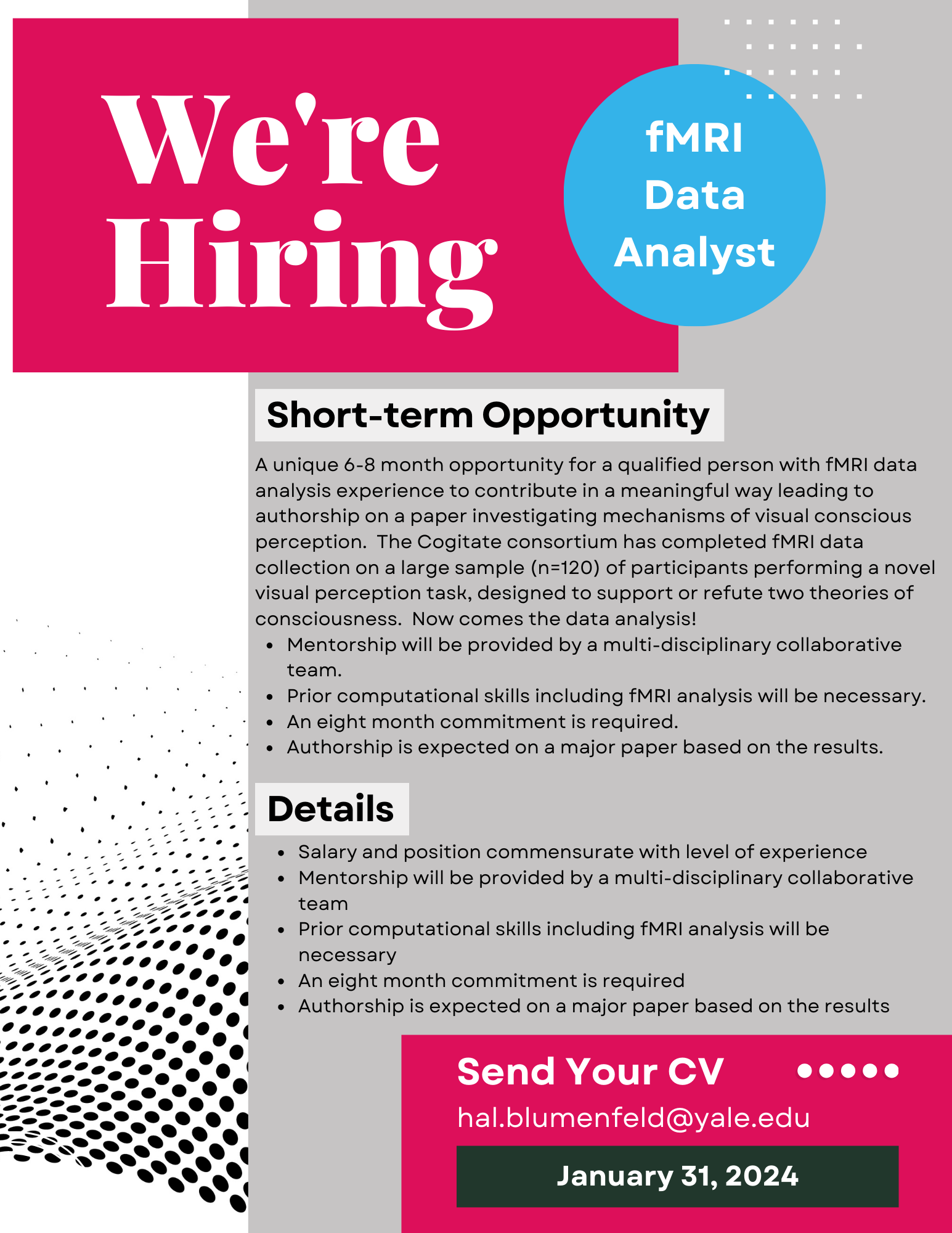
This role has been filled. No longer accepting applications. Thank you for your interest.
fMRI Data Analyst
Short-term fMRI Data Analysis Opportunity
There is a unique ~8 month opportunity for a qualified person with fMRI data analysis experience to contribute in a meaningful way leading to authorship on a paper investigating mechanisms of visual conscious perception. The Cogitate consortium (https://www.arc-cogitate.com/) has completed fMRI data collection on a large sample (n=120) of participants performing a novel visual perception task, designed to support or refute major theories of consciousness. Now comes the data analysis!
Details:
Salary and position commensurate with level of experience.
Mentorship will be provided by a multi-disciplinary collaborative team.
Prior computational skills including fMRI analysis will be necessary.
An eight month commitment is required.
Authorship is expected on a major paper based on the results.
See also:
https://www.biorxiv.org/content/10.1101/2023.06.23.546249v1
If interested, please contact Hal Blumenfeld hal.blumenfeld@yale.edu with a brief cover note and a copy of your CV.

Mindvoyage | Uri Hasson
The Mindvoyage lectures feature prominent scholars from different disciplines including the humanities, biology, neuroscience and physics. On Thursday November 30, 16:00 CET, the Mindvoyage lecture series features Dacher Keltner, Professor of Psychology at UC Berkeley and the Director of the Greater Good Science Center.

Mindvoyage | Dacher Keltner
The Mindvoyage lectures feature prominent scholars from different disciplines including the humanities, biology, neuroscience and physics. On Thursday November 30, 16:00 CET, the Mindvoyage lecture series features Dacher Keltner, Professor of Psychology at UC Berkeley and the Director of the Greater Good Science Center.
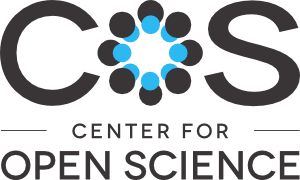
Center for Open Science Webinar
Helping Others Use Your Data:
Lessons From the Field of Neuroscience
So you’ve created an amazing dataset that you would love for other researchers to have access to. What’s next? Join experts from NeuroImaging Data Model (NIDM) and the Max Planck Institute for Empirical Aesthetics to learn about metadata: what it is, why it is important, and how the Open Science Framework and other tools can make it easy for you to include it with your project materials so others can find the data you’ve worked so hard to curate.
REGISTER TODAY FOR THIS WEBINAR, HOSTED by the Center for Open Science

Mindvoyage | Prof Dr Charan Rang
The Mindvoyage lectures feature prominent scholars from different disciplines including the humanities, biology, neuroscience and physics. On Friday, June 30, 2:00 p.m. CET, the Mindvoyage lecture series features Prof. Dr. Charan Ranganath, Director of the Memory and Plasticity Program, and Professor of Psychology and Neuroscience at the University of California at Davis.
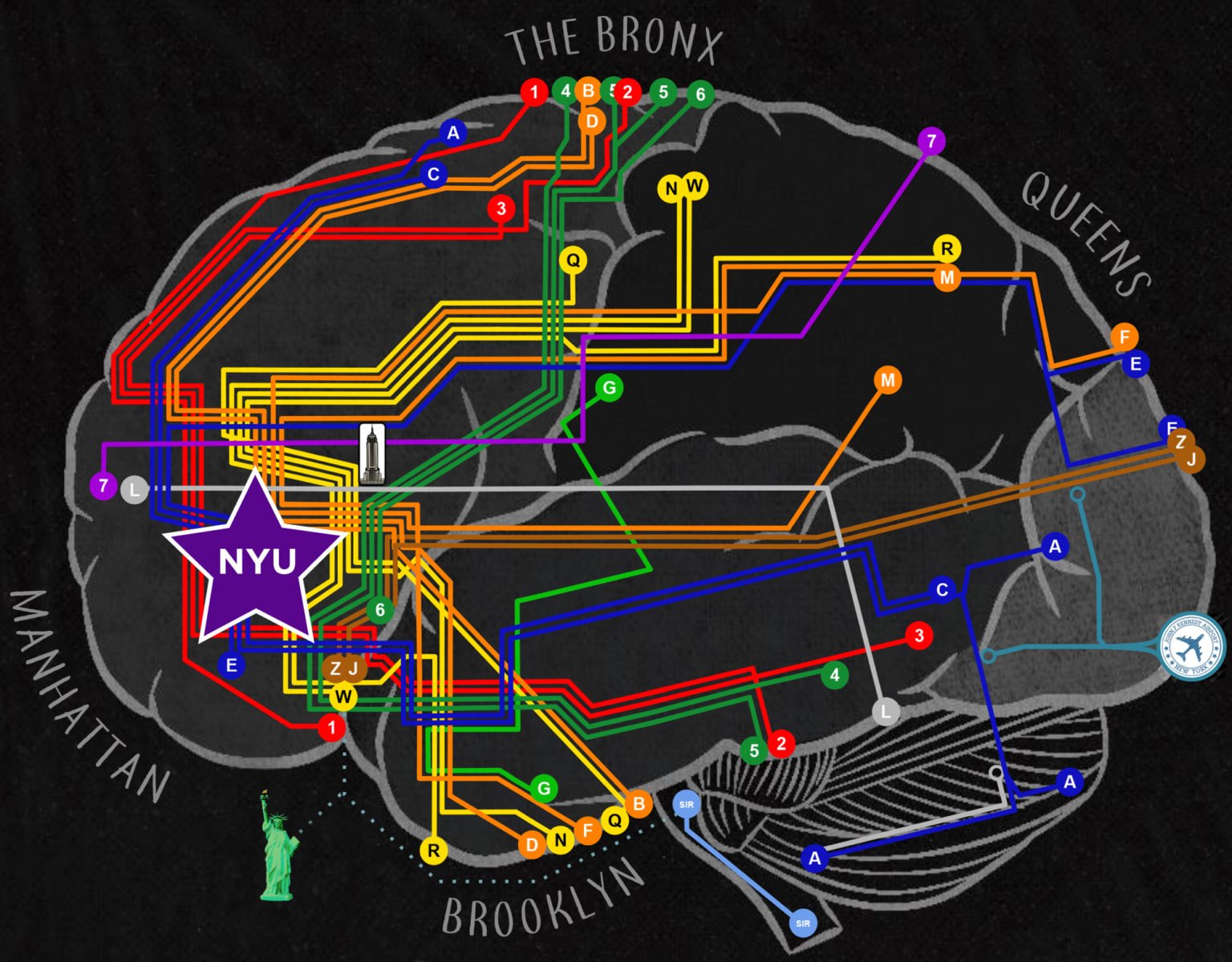
ASSC 26
ARC-COGITATE members will be presenting study results at ASSC 26 as part of our COGITATE Poster Series. Here, we summarize the results of experiment 1, to illuminate the outcomes of our experimental tests of IIT and GNWT.
Take a closer look at the posters that were presented at ASSC26 in NYC. Click on the posters below to access the PDF versions.


Tutorial @ ASSC25
Based on our experience in a large-scale collaborative project - the Cogitate consortium (Melloni et al., 2021) - we are hosting a tutorial to expose the difficulties in such endeavours, and provide guidelines and roadmaps to ensure the easiest route to collaborative science. In this tutorial, participants will learn about practical challenges and ways to solve them, with useful guidelines minimizing the immense potential for errors realized only with hindsight.

Symposium @ ASSC25
In recent years, several neuroscientific theories of consciousness have been proposed, without converging on one account. Instead, they have been developed independently, and lack of cross-talk between theorists has substantially hindered progress in the field. In order to accelerate research on consciousness, theories should be compared within the same framework and tested using the same experimental and analytical approaches. In so doing, their explanatory and predictive power can be evaluated in an impartial and unbiased way. This symposium focuses on such an attempt: the COGITATE Adversarial Collaboration involving Global Neuronal Workspace (GNW) and Integrated Information Theory (IIT).
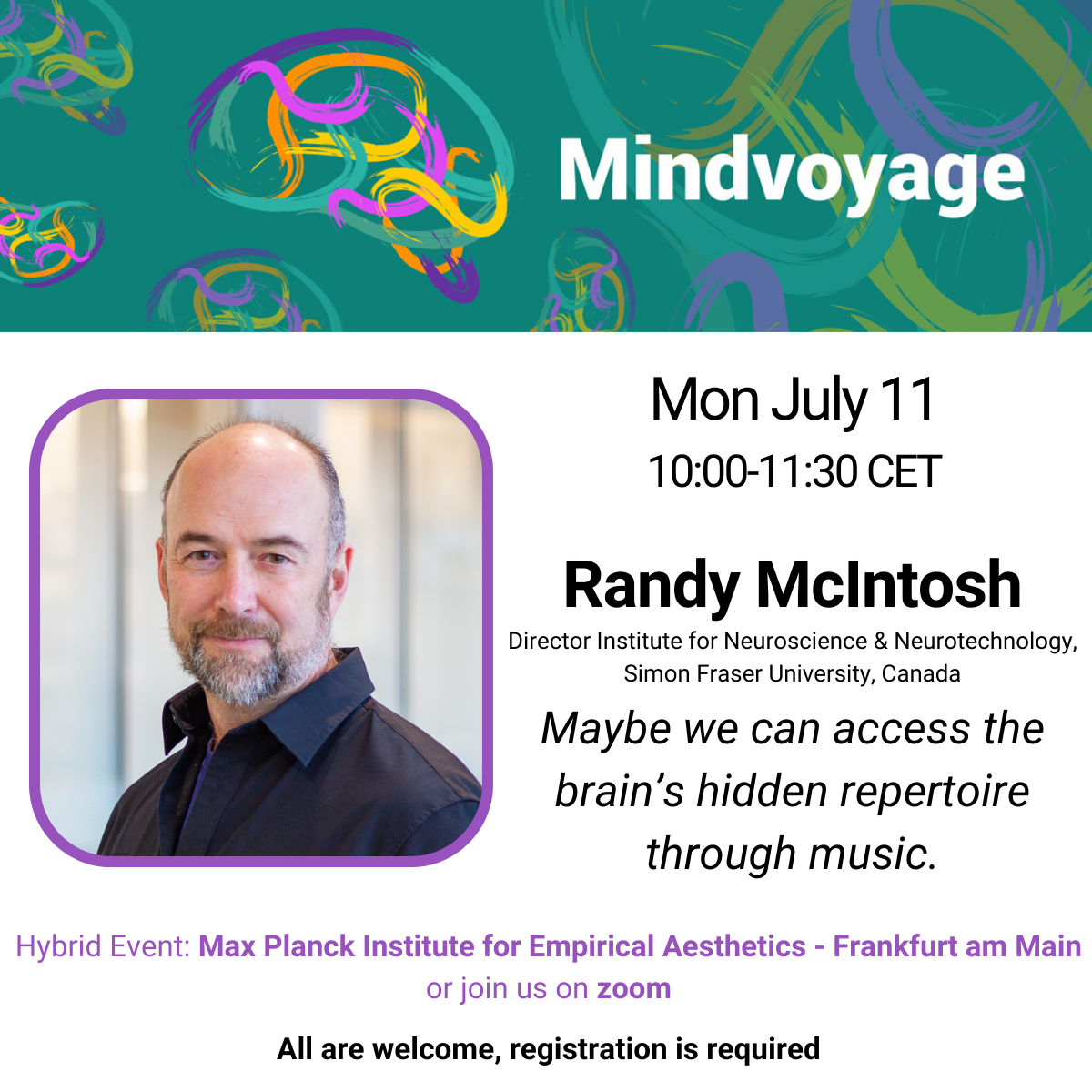
Mindvoyage | Randy McIntosh
Abstract | Maybe We Can Access the Brain’s Hidden Repertoire Through Music
Music is culturally ubiquitous, supporting social and personal functions. Unlike language, music listening and performing seem to engage several brain networks. The broad engagement opens the possibility of identifying key personal brain signatures that reflect the capacity of brain systems to work together. This potential meshes well with the evolving theory of Structured Flow on Manifolds (SFM), where the manifolds define potentials and the flow represents actual expressions of network dynamics. My talk will lay the foundation for these ideas and the link to music listening. When we consider music as having similar SFM properties as the brain, a connection may be formed by linking the music and brain flows. I will present some preliminary data from EEG, where we start linking flows using Hidden Markov modelling. I will finish with ideas for an extension to aging and dementia.

Mindvoyage | Romaine Brette
Abstract | What is information for an organism?
The concept of information plays a central role in theories of consciousness, and more generally cognition. Typically, a variable X in the brain is claimed to be informative if it covaries with some other variable Y in the world. This narrow view of information is misleading, because a value cannot be informative by itself: the number 100 only becomes information once I know that it refers to the number of square meters of my apartment, provided I know what square meters and apartments are. The first requirement is that information has a truth value: it can be true or false. In other words, information is propositional: “the winner of the election is Donald Trump” is information, but “Donald Trump” is not information. The second requirement is that information requires an agent with knowledge. I will discuss the implications of these remarks for neuroscientific theories.

Mindvoyage | Dani S. Bassett
Abstract | The Curious Human
The human mind is curious. It is strange, remarkable, and mystifying; it is eager, probing, questioning. Despite its pervasiveness and its relevance for our well-being, scientific studies of human curiosity that bridge both the organ of curiosity and the object of curiosity remain in their infancy. In this talk, I will integrate historical, philosophical, and psychological perspectives with techniques from applied mathematics and statistical physics to study individual and collective curiosity. In the former, I will evaluate how humans walk on the knowledge network of Wikipedia during unconstrained browsing. In doing so, we will capture idiosyncratic forms of curiosity that span multiple millennia, cultures, languages, and timescales. In the latter, I will consider the fruition of collective curiosity in the building of scientific knowledge as encoded in Wikipedia. Throughout, I will make a case for the position that individual and collective curiosity are both network building processes, providing a connective counterpoint to the common acquisitional account of curiosity in humans.

Spring Hybrid Meeting
The COGITATE Spring Hybrid Team Meeting on May 6, 7 and 8 is aimed to finalize the analyses for experiment 1 towards the preregistration amendment due in a couple of months. But also, for us to return to the original plan of trying to get the consortium together, in the same room!
